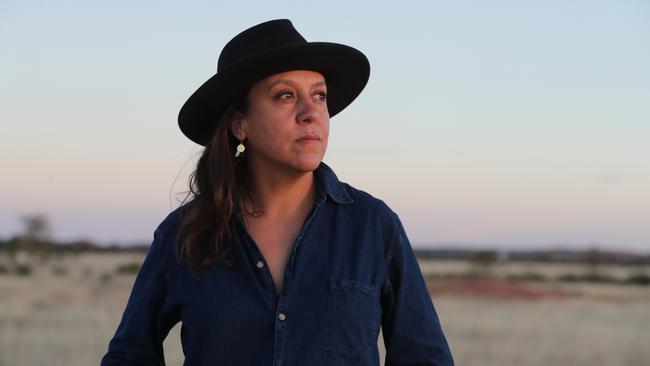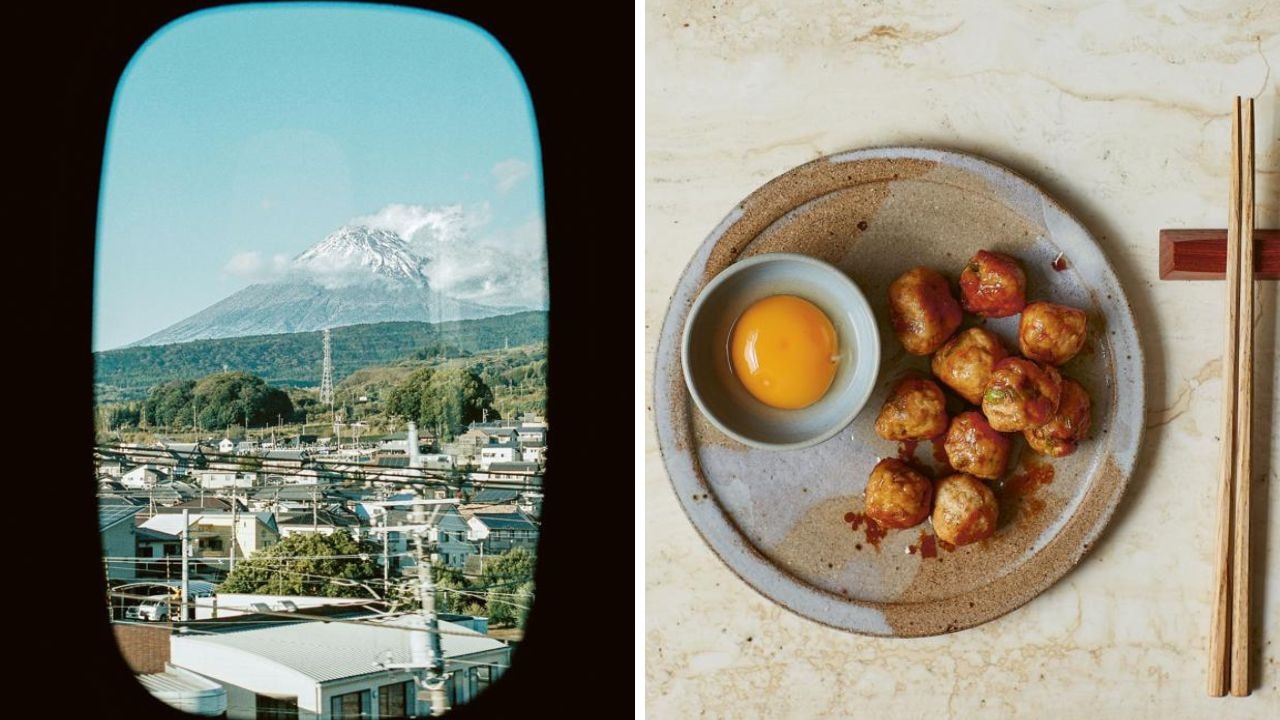Q&A: Rachel Perkins, filmmaker, 52
In her new series about the frontier wars, Rachel Perkins wants you to be rocked: “It’s time for a reckoning. Are we ready to honestly face the past?”

You’ve made films, TV shows and documentaries including Bran Nue Dae, Mystery Road, Total Control and First Australians. What led you to filmmaking? I had finished high school in Canberra, it was 1988, the bicentennial was approaching and I remember going to the marches in Sydney; treaty was very much in the air. I could have gone to university but I really wanted to fill a hole in my understanding of my culture and people. So I decided to go back to Alice Springs. My dad [Charles Perkins] had told me about a bunch of traineeships at the Central Australian Aboriginal Media Association. The job was for a TV presenter – I didn’t get that job, but they offered me another traineeship in the TV department. And my ambition and aspiration blossomed, I suppose.
Your latest documentary is The Australian Wars. When did you first become aware of the frontier wars? I remember my father saying that our great grandmother had been chained to a tree and raped. I remember knowing it when I was a young girl. And I knew that on [my mother’s] Kalkadoon side there was the Battle Mountain massacre [near Mount Isa in 1884], but I didn’t know the details, I didn’t know the native police were involved, I wasn’t really deeply aware of it.
How difficult was it for you to tell your family’s story? It wasn’t difficult because it was just a fact of our situation. We’re all still here in Alice Springs but all of our traditional country is cattle stations that we don’t have access to. So it’s not like that’s a surprise, and it’s just something that a lot of Aboriginal people live with every day, that they don’t have access to their country. And how has that happened? Well it’s very clear how that’s happened. I was the filmmaker, I was going on the journey, and I couldn’t pretend that this didn’t relate to my people either. It’s a deeply personal story.
Making the series, what shocked you the most? The great injustice. The legal system, the government didn’t serve the interests of Aboriginal people; the colonial office failed to protect its British subjects. Every time, the interests of expansion and money-making trumped Aboriginal people, again and again. I hadn’t really understood the colonial office and the British Empire, the machine of empire, the transfer of power from the empire to modern Australian governments and how stacked those governments were in the interests of pastoralism. So stacked that when, say, the Queensland government is presented with the facts about the native police and what they’re doing, they just say “excellent work, keep going”. Even though they know Aboriginal people are out there being killed en masse by a state force.
On the show you admit you were reluctant to make the series because you’d have to spend years going through the horror of it. What changed? It’s a strange contradiction but it was the project I felt most compelled to do. Everything paled by comparison in terms of the commitment I had to this project. It’s the work I’m most proud of.
What are the main messages you’d like people to get from watching the series? That this isn’t some distant historical thing; it’s very much with us today. It’s the founding narrative of modern Australia, whether we like it or not, but it’s something we can together come to terms with. It’s a story that we share. It’s not just a story about Aboriginal people, it’s a story about our country and we’re absolutely connected in this history. I wanted to really rock people; I tried to portray some of the emotional impact I felt when reading this material.
You ask in the series, “It’s time for a reckoning. Are we ready to honestly face the past?” So are we ready? Is it the time? It absolutely is. The series has landed in a time when we are on the cusp of change. We’re coming out of this colonial period and in Australia we had the Uluru Statement from the Heart, the pathway that indigenous people want us to walk together. The current government has accepted that and I think there is a mood in the country to come to terms with who we are.
What will it take to end “the great Australian silence” on the frontier wars? A Voice to parliament, a Makarrata process and a truth-telling commission. This series will also go into schools – we have a full range of educational resources to assist teachers. My hope is that kids don’t have that great Australian silence like we did. We weren’t taught any of this stuff.
The Australian War Memorial recently announced it would expand its recognition of the frontier wars. What was your reaction? I shed tears. After the collective effort of so many, for so many years, it marks a turning point in our nation.
Do you think there should be memorials around the country to the frontier wars? I think so. Having been to a few of these memorials, and being an Aboriginal person, as well as having European heritage, sometimes it feels like “oh, you just want to put a plaque on a rock – what does that mean?” But going to those places, my experience is that really they need something, that someone bothered to make an effort and put something there. And in most of these places it’s a collaborative memorial between non-indigenous and indigenous Australians who work together to put something there. And I find that it eases some of the resentment and you feel a sense of relief, or something. Memorials obviously aren’t enough in themselves, but they serve to do something, like the Anzac memorials around the country with the names of those who lost their lives. Something for the families to acknowledge what happened and the sacrifice that was made. So I think there is definitely a place for them.
How do you respond to those people who say Australia shouldn’t have a so-called black armband view of its history? For the overwhelming majority of Aboriginal people the experience was extremely detrimental and you can’t get away from that. So you can call it a black armband or you can call it looking at history from the point of view of what it was like for Aboriginal people. And if you spend any time in the records, you will come to the conclusion that the most learned historians in the country have, and that was that it was a war, and it was fought over a long period of time.
What is your next project? I’ve left Blackfella Films, I’ve been bought out by my business partner – we did 20 years together and we’re parting on good terms. I’m putting in a native garden, I’m doing up a heritage building here in Alice Springs, and I’m not sure what I’m doing next. And it feels very good.
The Australian Wars is streaming on SBS On Demand




To join the conversation, please log in. Don't have an account? Register
Join the conversation, you are commenting as Logout